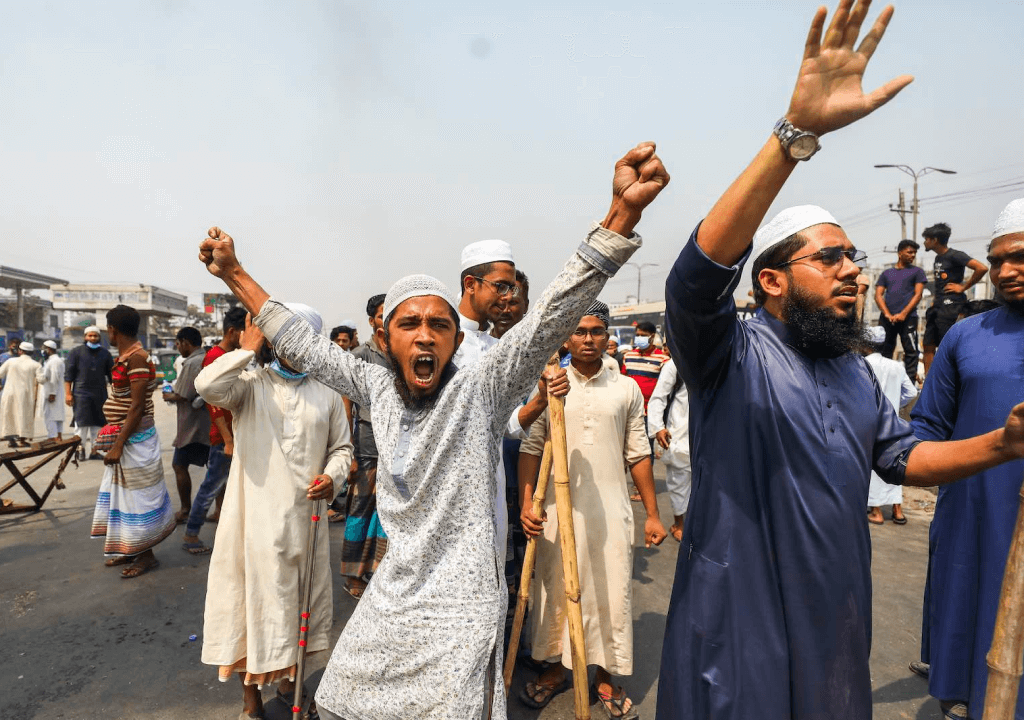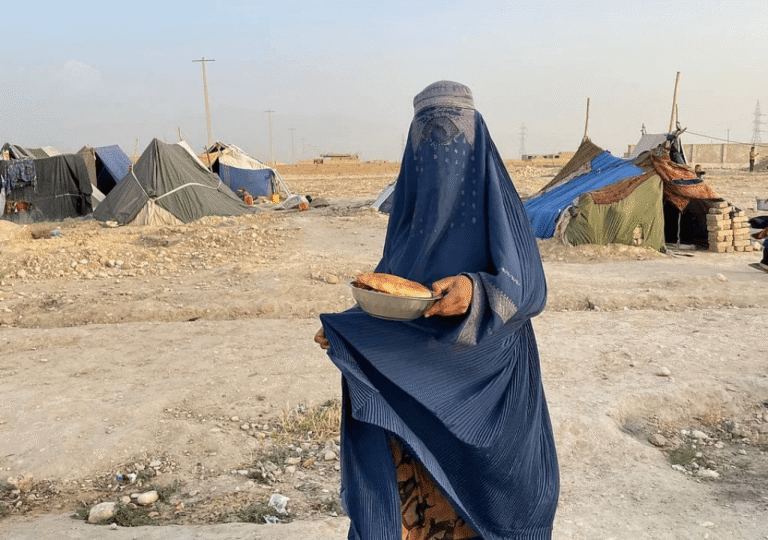As the nation’s founder Mujibur Rahman’s statues are dismantled and his daughter, Prime Minister Sheikh Hasina, flees the country, Bangladesh is entering a new era. A new generation has emerged in the country that did not witness Bangladesh’s freedom struggle, has no emotional ties to the freedom fighters or the nationalist Awami League party, and is determined to reject them all. They led the massive protests that resulted in the exit of one of history’s strongest female leaders. Bangladesh is now in a state of anarchy, but the military chief is not seizing the opportunity to establish a military government. Instead, he is engaging in talks with all parties to form a coalition interim government and organize a fresh election.
However, the Bangladesh that emerges will not be the same as before, even though many connect current events to the massive student protests of the 1990s. Over the past 30 years, the perfect blend of Islam and Bangla, which has shaped Bangladesh’s identity as distinct from Pakistan and the Indian part of Bengal, is shifting. The mix now contains more Islam, and the influence of Bangla culture is diminishing, raising concerns that Bangladesh is entering a new experimental stage of political Islam.
There are very few examples of democracy in Islamic countries. If it’s not a kingdom or dictatorship, the majority of Islamic countries can’t survive. However, we have seen many examples of Islamic countries where people mobilized and overthrew dictatorships. Eventually, these countries become battlegrounds between different Muslim factions with varying degrees of religious influence. This has been visible in Iran, Afghanistan, Pakistan, Libya, Egypt, Syria, and many other countries.
Often, fundamentalist Islamic organizations lead the masses against the dictatorship, citing poor living conditions and the dictator’s lack of commitment to Islam. They promise a better life if people commit to Islamic governance. As a result, people become willing to endure anything, even death, and no dictator can withstand this pressure, leading to the establishment of Islamic governance. Many political analysts believe this pattern is also visible in Bangladesh.
Bangladesh, a former territory of Pakistan, gained independence with the help of India in 1971. It has always been a battleground between Pakistan-supported Islamism and India-supported Bangla nationalism. The two main political parties in Bangladesh are products of this conflict: the India-backed Awami League, which advocates Bangla nationalism, and the Pakistan-backed Bangladesh Nationalist Party (BNP), which often incorporates more Islamism. Additionally, Jamaat-e-Islami, a Muslim Brotherhood-linked organization that promotes political Islam and seeks to implement Sharia across the Indian subcontinent, is very popular in Bangladesh, despite being banned by Sheikh Hasina. As Hasina’s era ends and people attack Awami League offices, it is clear that Bangladesh is increasingly embracing Islamism.
The military chief, General Wajed Ur Zaman, has stated that a coalition government is being formed, and Khaleda Zia, the major leader of the BNP, has been freed from her corruption charges. If elections were held now, it is likely that the BNP would gain power. It is expected that the ban on Jamaat-e-Islami will be lifted, allowing them to become more active in mainstream politics. Given the country’s poverty and poor living conditions, Jamaat-e-Islami is likely to become a decisive factor in future elections, promoting the idea of Islamic rule. Additionally, intervention from Pakistan is expected to increase. As Bangladesh loses its Bengali identity and embraces Islamism with stronger ties to Pakistan, the differences between Bangladesh and former Eastern Pakistan may diminish. So, the Islamic Republic of Bangladesh needs to be considered as Bangladesh’s future.








